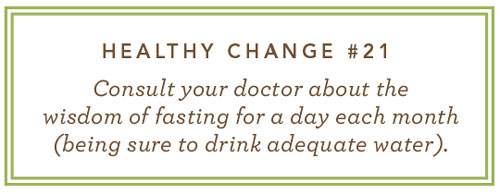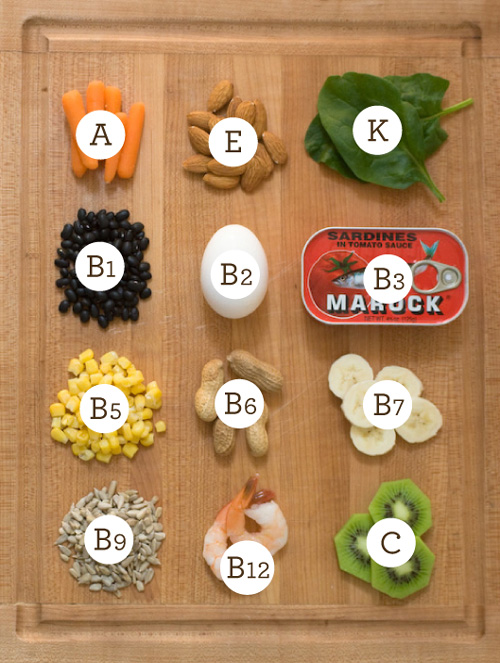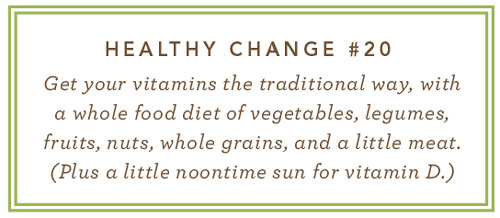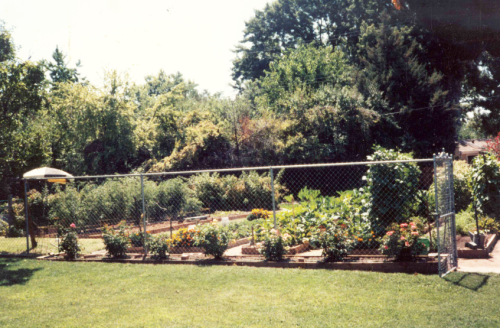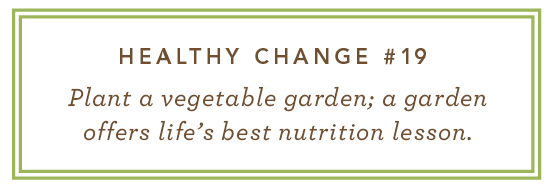And God Divided the Light from the Darkness
The quick answer: The more you ponder, the wiser you get. For example, regular “burning of the midnight oil” may not be the virtue we were taught. Get plenty of sleep, in the dark.
_______________________________________________________________________
Genesis
I’m fascinated by the health counsel buried in the first verses of the Bible—starting with chapter 1 of Genesis. Verse 29 is a simple but life-saving guide to diet. There’s more wisdom in the creation of light and dark. Verse 4 notes the benediction given to light—A God saw the light, that it was good . . . . The word “good” infers that sunshine is beneficial to mankind and scientists are now noting the many ways vitamin D—produced by the action of sunshine on our skin—is vital to health.
After the creation of light, the light was divided from the dark. So one might wonder about the benefits of darkness. When we sleep in the dark, the pineal gland—a sort of 3rd eye—triggers the production of melatonin. Melatonin, the master hormone of the night, peaks in the 4th hour of sleep and triggers the action of a host of hormones that act over the next 4 or so hours of sleep. These hormones restore us and prepare us for the coming day. (For babies, who require frequent nutrition in the first weeks, melatonin production doesn’t mature until the 3rd month, when they’re mature enough to sleep through the night—at last.)
Melatonin is also a potent antioxidant that protects the DNA of your cells from free radical damage. There are more benefits—scientists have linked some chronic diseases to insufficient sleep, as discussed in the post, Blessed Sleep. These include depression, hypertension, type 2 diabetes and overweight, heart disease and cancer. There are also mental effects including dementia and impaired judgment.
A 2010 University of Chicago study of dieters found that those who got the most sleep were able to lose twice as much fat as those with the least sleep (8.5 Hrs. vs. 5.5 Hrs.). As excess fat is a widespread problem in America, adequate sleep in the dark may be the cheapest health aid available.
Industrial Revolution
From my youth the Industrial Revolution fascinated me—my university training was in Mechanical Engineering. Yet one of the big lessons of my life is that it wasn’t all good—a current challenge of society is to sort out the good from the bad. For example highly processed factory foods are generally bad, but meals cooked from scratch by Mom—an act of caring as old as mankind—are good for us.
Ditto for Thomas Edison’s light bulb. I’m happy to read by my favorite lamp in the evening hours, but the best sleep comes in the dark. It’s not so easy to find dark anymore. Our little community doesn’t have streetlights, which is good. But the benefit is lost if neighbors leave outside lights on at night. The dark of night enables maximum melatonin production, and that’s good for us. So enjoy the dark—a gift from our Creator.

Please comment: Are you able to get adequate sleep? How much do you need? Have you experienced sleep-related health issues? Do you eat better if your sleep better? What did you do to improve your sleep habits.
 Thursday, July 18, 2013 at 10:00AM | by
Thursday, July 18, 2013 at 10:00AM | by  Skip Hellewell |
Skip Hellewell |  3 Comments |
3 Comments |  2 References | |
2 References | |  Email Article
Email Article 





